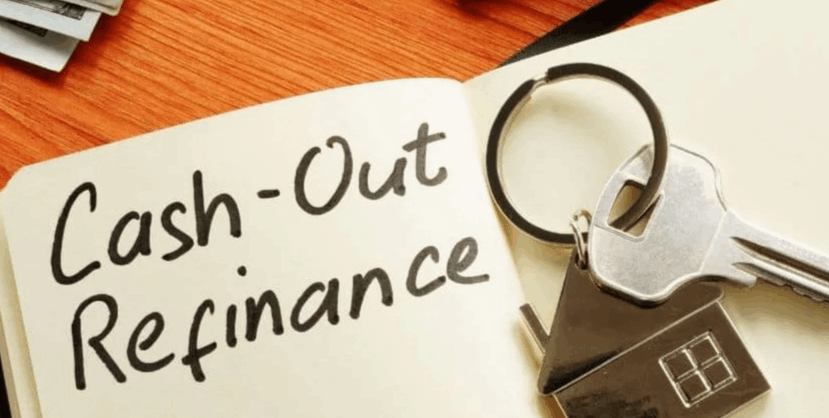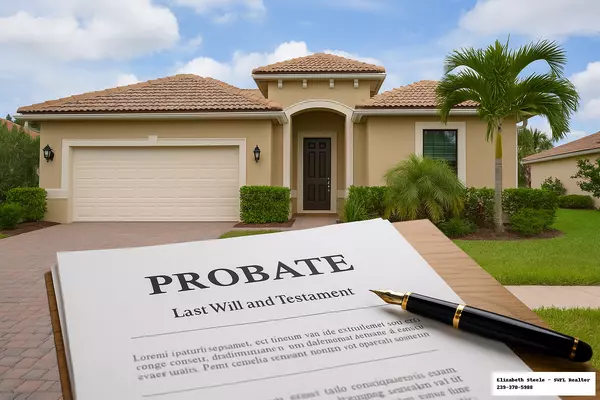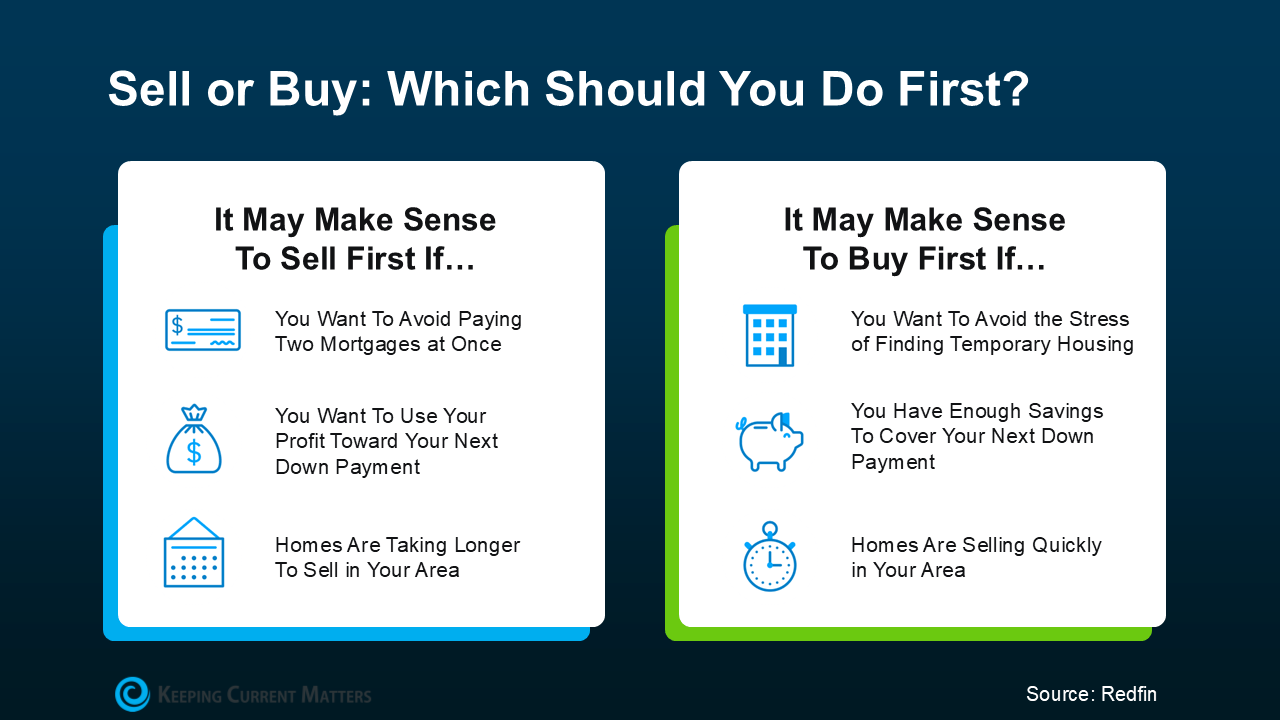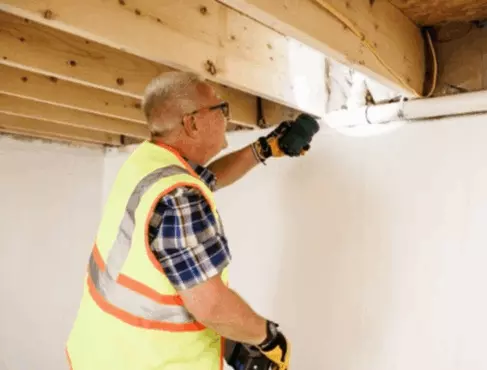Reverse Mortgage: The pros and cons every senior should be aware of
All About Reverse Mortgages
Reverse mortgages are financing available to seniors 62 and older with substantial home equity to tap into. With a traditional mortgage, homeowners pay down their home loan in monthly installments to build up home equity, but a reverse mortgage does the opposite. Instead of making payments towards your loan, you'll receive a sum of cash from your lender that's taken from your home equity.
Unlike many options below, a reverse mortgage does not require monthly repayments, making it a convenient financing tool for seniors. You won't have to pay back a penny on your reverse mortgage until you sell your property, move out of the house, or pass away. The total includes the principal amount you've borrowed, interest, and fees.
This is one-way seniors can tap into their nest egg to supplement their income while keeping their home as their primary residence. However, reverse mortgages are complicated to set up and have a lengthy list of fees, so they may not be the best bet for homeowners.
6 Alternatives to Reverse Mortgages
Home Equity Loans
A home equity loan provides homeowners with a single lump sum of cash, which seniors can access once approved for their loan. These loans come with a fixed term, ranging from 5 to 30 years, depending on how much you're borrowing. You'll need to repay this loan via fixed monthly installments throughout the loan's life.
Home equity loans are nicknamed "second mortgages" because you use your home equity as collateral. Ideally, you've already paid off your mortgage, so you'll only need to manage your home equity loan repayments in your budget.
It's worth noting that these loans and home equity lines of credit, which we'll discuss below, are much more popular for seniors. It's estimated that qualified seniors, on average, take out more than 60,000 reverse mortgages every year.
Home Equity Line of Credit (HELOC)
 A home equity line of credit, or HELOC, is like a personal line of credit or a credit card, except you're using your home equity as collateral on your account. With a HELOC, you're given a credit limit, which is the total amount you can withdraw from your loan. You can withdraw only what's needed, repay the funds to replenish your account, and borrow from it again.
A home equity line of credit, or HELOC, is like a personal line of credit or a credit card, except you're using your home equity as collateral on your account. With a HELOC, you're given a credit limit, which is the total amount you can withdraw from your loan. You can withdraw only what's needed, repay the funds to replenish your account, and borrow from it again.
In a nutshell, you're getting a lump sum of cash just like you would with a home equity loan, but you're only responsible for repaying what you use. You'll likely also score a lower interest rate than a reverse mortgage.
Refinancing your Home Loan
Refinancing is a viable option for seniors with mortgage balances, especially if a lower interest rate is secured.
Refinancing your mortgage means you can change your terms and interest rate to lower your monthly payments and save on interest. Both free up some cash for you to apply toward your other costs.
In the event of a lower interest rate, you could save a fair bit of money over the lifetime of your loan, cut back on the size of your monthly payments, and continue to build home equity. This is an excellent option if you prioritize keeping your home equity intact so your heirs have an inheritance.
The catch with refinancing is you must have some income through a pension or other revenue streams and a decent credit score. You're also on the hook for paying closing costs and interest. Like the options above, you're putting your home equity on the line. If you can't keep up with monthly payments, you risk foreclosure and losing the roof over your head.
Another option available to homeowners is cash-out refinancing. This entails replacing your existing mortgage with a new one with an all-new loan amount, interest rate, terms, and monthly payment. When you refinance your existing mortgage with a cash-out refi, you free up a portion of your home equity as a cash payout. You can borrow up to 80 percent of your home's value.
Sell your Home and Downsize
While the options above keep you in your existing home, you might want to consider selling your home to unlock full access to your home equity. This option is worth exploring if your home is more significant than you need – for example if you're an empty nester with too much space to maintain inside and outside your home. You may be better off selling your property and moving to a smaller, more affordable home, which you can rent or buy outright from the home sale proceeds.
Remember that you will not walk away with the full amount from your home sale. When comparing options, factor in the cost of selling your home, including real estate commission fees, closing costs, and the costs involved with buying or renting a new property.
If you have loved ones you plan on moving in with or into a residence home; downsizing may be one of the most straightforward alternatives to a reverse mortgage.
Rent Out a Portion of your Home
If you're turning to a reverse mortgage because you're short on cash, homeowners of all ages and life stages should consider renting out a portion of the home to generate extra income.
This is an excellent opportunity if you don't want to move out and have extra space in your home that's in good condition for a tenant. Renting out a part of your home could look like renting a spare bedroom or an entire part, such as a basement apartment.
You'll need to screen potential tenants carefully with the help of professional agents and family members you trust. You'll be in close quarters with this tenant, so your safety and security come first. This may not be the option in every senior's household.
You may have a family member or close friend looking for a spare bedroom. This is a win-win scenario for both parties, as you can earn an extra income and live with a loved one.
Lower your Expenses
How short on cash are you? Do some number-crunching and pore over your monthly budget and expenses line-by-line to figure out where you may be able to cut back on spending.
This is the most cost-effective route if you don't want to take out or don't qualify for a reverse mortgage.
Take stock of your various income streams, including your pension and government-provided benefits. You can also research state and local programs that help seniors with bills and day-to-day expenses.
3 Steps Before Choosing a Reverse Mortgage Alternative
Deciding whether a reverse mortgage or an alternative route is your best way forward isn't an easy financial decision. Take inventory of the following factors below to help you decide:
Figure out your Home Equity
Gain clarity on how much skin you have in the game, determining whether you're living in your home mortgage-free, if your home has shot up in market value, or if you're still managing mortgage payments. This step will help you learn how much you can borrow – with a reverse mortgage and any loan options above – and if you have enough equity to get the financing you need.
Compare Costs
While some options involve closing costs, loan origination fees, and even monthly maintenance fees, others may involve different expenses, such as renovating your home to accommodate a tenant and losing your privacy for extra rental income.
Shop around, zeroing in on the best rates and loan terms available. If you're considering selling or renting out your space, focus on how much income these options may yield. With thorough research, you'll have a bird's eye view of all the routes to choose from and which makes the most sense for you – financially and your personal life.
Consult with a Qualified Professional
Did you know you must complete a 90-minute financial counseling session with a professional approved by the U.S. Department for Housing and Urban Development to proceed with a reverse mortgage application? And statistics show that only 40 percent of seniors who complete this training move forward with the process.
Regardless of your option, talk to a qualified professional, such as a real estate attorney, tax specialist, or financial advisor, before proceeding with any loan, sale, or refinancing. Bring your trusted loved ones with you, as these professionals will account for your financial situation and retirement goals before making recommendations.
Bottom Line
Reverse mortgages are one of many options available to seniors with plenty of home equity to which they're trying to gain access. With a reverse mortgage, you won't have to make a single loan repayment until you move out, sell your property, or pass away. Other options, such as a HELOC, home equity loan, or mortgage refinancing, will keep your home equity completely intact, but you'll need to stay on top of loan repayments.
Ultimately, each option comes with a cost. Your job is to research your options, shop around for the best rates, and work with your loved ones and qualified financial professionals to help you make the best decision for your financial needs.
Categories
Recent Posts











